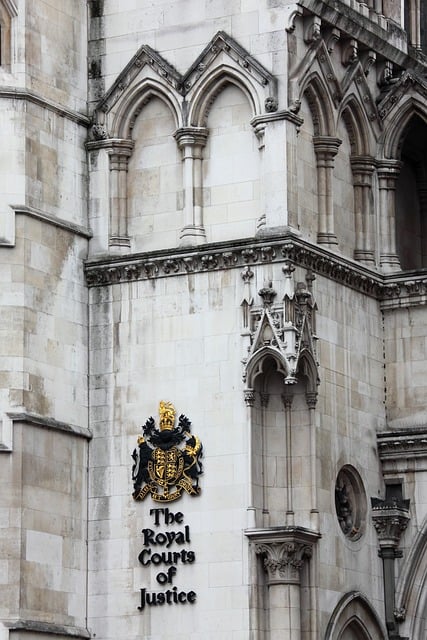In the dynamic real estate market, understanding and adhering to legal eviction practices is crucial for maintaining balance. Landlords must respect tenants' rights by following proper notice protocols and avoiding threats or unauthorized law enforcement involvement. Tenants enjoy protections against arbitrary evictions, including fair notice, reasonable rent, and safe conditions. Both parties are bound by laws that preserve the integrity of the real estate sector, fostering harmonious relationships essential for a thriving property market. Engaging in open dialogue and maintaining thorough records can prevent contested evictions, mitigating risks for both tenants and landlords.
In the dynamic landscape of real estate, understanding unlawful eviction practices is paramount for both tenants and landlords. This comprehensive guide delves into the intricacies of these practices, equipping you with knowledge on legal rights and responsibilities. We explore strategies to prevent and address evictions, ensuring fair and lawful interactions. By familiarizing yourself with these concepts, you can navigate the complexities of real estate with confidence, fostering a secure and respectful environment for all stakeholders.
Understanding Unlawful Eviction Practices in Real Estate

In the realm of real estate, unlawful eviction practices can have severe consequences for both tenants and landlords. It’s crucial to understand what constitutes an illegal eviction, as it varies by jurisdiction but typically involves a landlord forcing a tenant out of a property without following proper legal procedures. These practices often include threats, violence, or unauthorized use of law enforcement to remove tenants, which are not only unethical but also illegal.
Tenants have rights that must be respected, including the right to due process and fair treatment. Landlords must provide proper notice, usually in writing, before initiating eviction proceedings. This ensures tenants have time to address any issues or disputes. By recognizing and adhering to these legal requirements, both parties can avoid costly and stressful conflicts, fostering a more harmonious real estate environment.
Legal Rights of Tenants and Landlords

In the realm of real estate, both tenants and landlords possess legal rights that must be respected to maintain a harmonious relationship. Tenants have the right to live in their property without fear of arbitrary eviction. This includes being given proper notice before any termination of their tenancy, ensuring fair rent levels, and maintaining safe and habitable living conditions. They are also protected from discriminatory practices and have the right to privacy.
On the other hand, landlords have the legal authority to establish terms and conditions for occupancy, including setting reasonable rental rates and maintaining property standards. They can evict tenants under specific circumstances, as outlined by law, such as non-payment of rent or breach of lease agreements. However, these evictions must follow due process, providing tenants with the right to appeal and ensuring landlords adhere to fair housing practices, thereby upholding the integrity of the real estate market.
Preventing and Addressing Unlawful Evictions

Unlawful evictions can have severe consequences for both tenants and landlords in the real estate sector. It’s crucial to understand that eviction processes must adhere to strict legal protocols, ensuring fairness and due process. Tenants should be provided with proper notice, allowing them time to respond and potentially resolve any issues. This includes clear communication about rent payments, lease violations, or other reasons for eviction.
To prevent unlawful evictions, landlords should document all interactions and maintain thorough records of rental agreements and payment histories. If an eviction is necessary, it must follow the legal framework, giving tenants the right to appeal or seek legal counsel. Engaging in open dialogue and offering support during difficult financial times can also help avoid contested evictions, fostering a healthier relationship between landlords and tenants in the real estate market.






